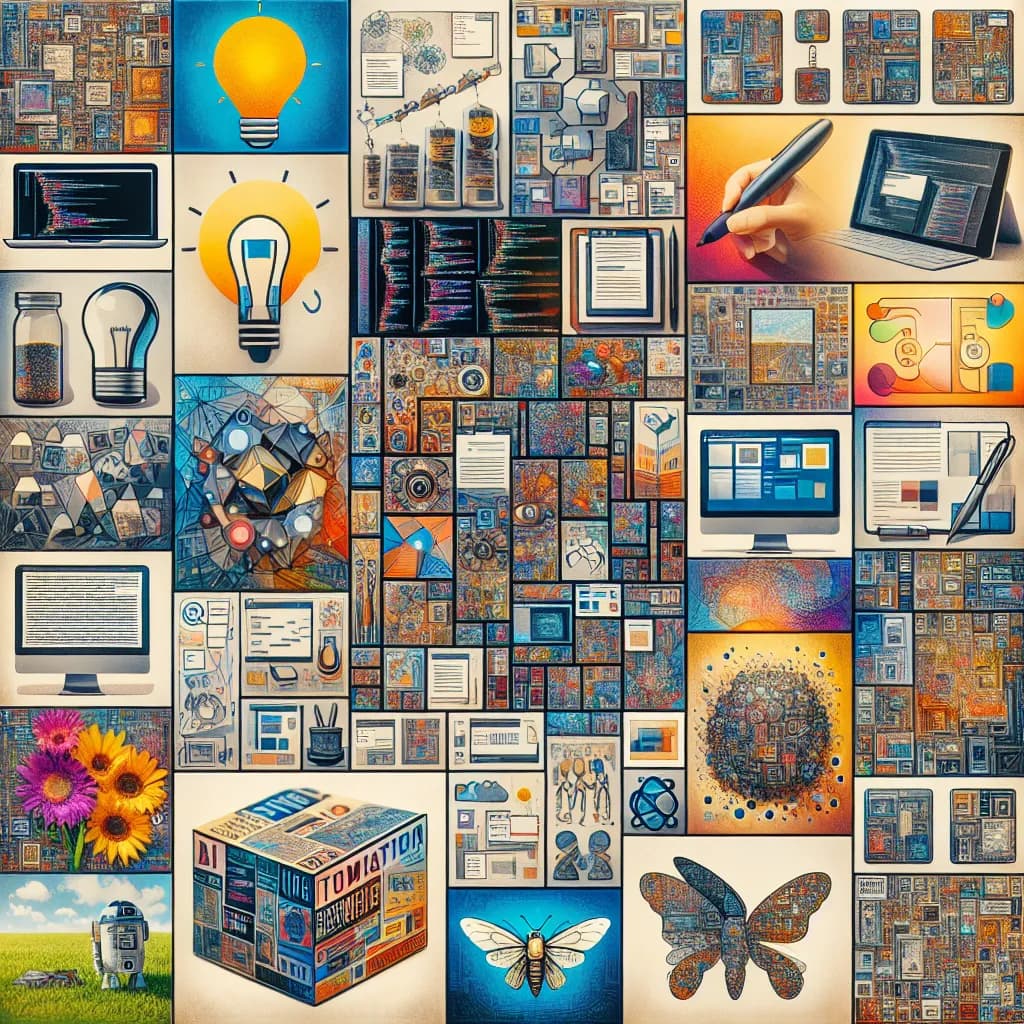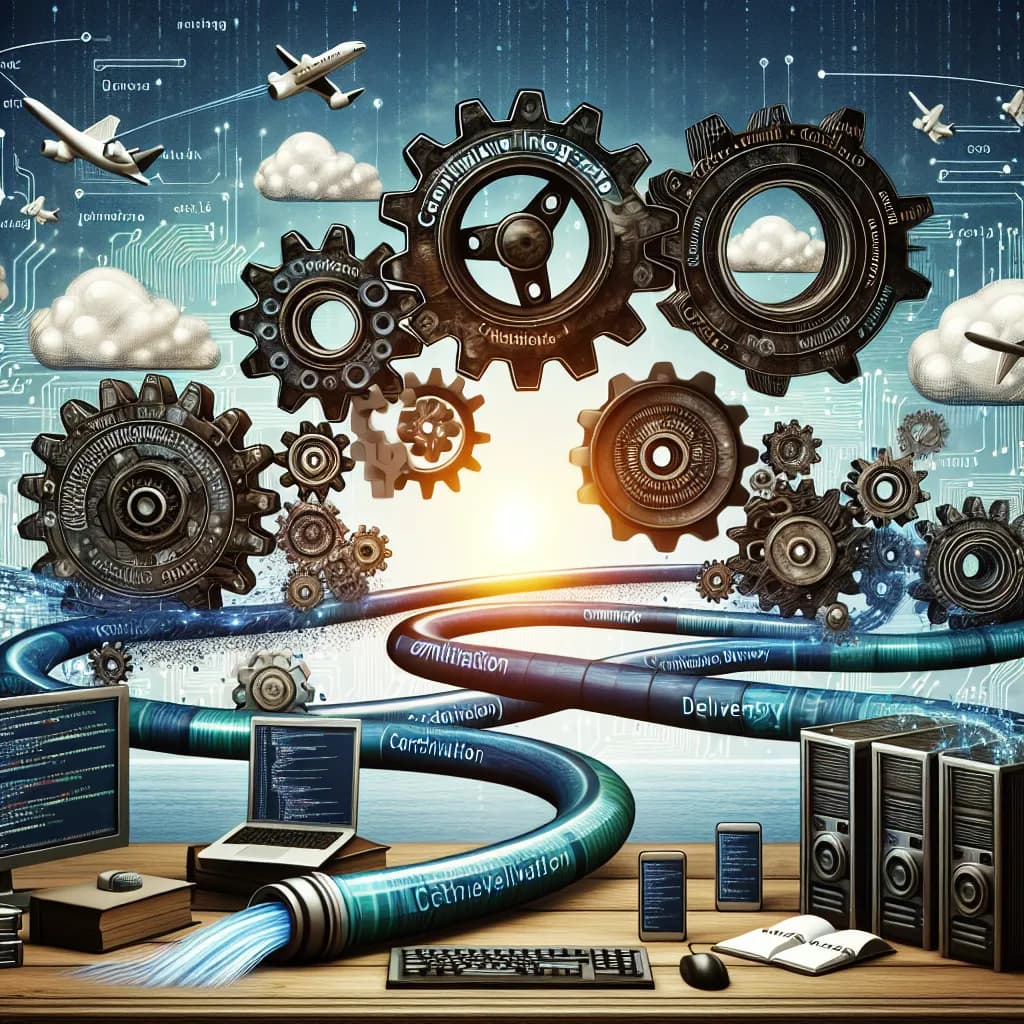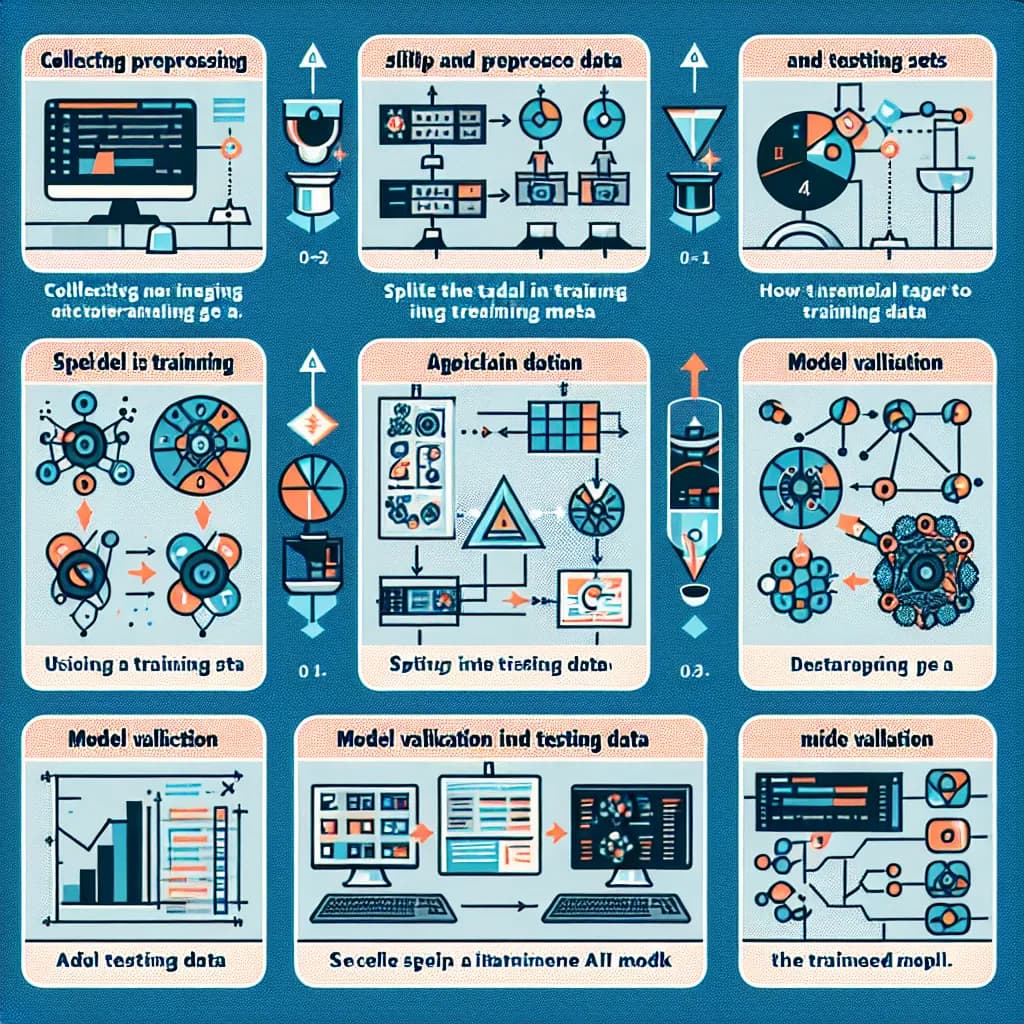Date:
19/12/2023
Listen to this article:
Key Points
JavaScript remains the leading language in web development, with Next.js and Astro as popular frameworks.
Generative AI is increasingly integrated into web development, marking a significant trend in 2023.
In the realm of web development, 2023 has seen the continued dominance of JavaScript, even in the context of WebAssembly. The integration of generative AI into web frameworks has been a notable development, along with the advent of Cloud Development Environments (CDEs) and the evolution of Jamstack into the 'composable web'. Next.js retains its position as the top rendering framework, with nearly half of web developers using it, while Astro shows remarkable growth in popularity. CSS frameworks like Bootstrap and Tailwind CSS are also undergoing shifts in developer preferences.
The surge of generative AI has been a game-changer in the tech landscape. Big Tech companies have heavily invested in this technology, with significant launches like OpenAI's GPT-4 and Google's Bard chatbot. Despite the initial excitement, the practical application and success of these AI models are still evolving. The challenge lies in addressing the flaws of language models, such as generating biased or incorrect content, and managing their unpredictable nature. OpenAI, for example, uses reinforcement learning from human feedback to refine ChatGPT's responses. These developments signal a crucial period ahead for generative AI, especially in its integration with everyday tools and applications.
AI policy and regulation have also seen major developments in 2023. The conversation around AI's existential risks has gained mainstream attention, prompting responses from scientists, business leaders, and policymakers. This has led to significant policy actions, such as the European AI Act and the White House's executive order on AI, aiming to introduce standards and rules for responsible AI development. Moreover, the legal landscape is shifting, with an increase in lawsuits against AI companies for intellectual property issues. These changes indicate a move away from the 'AI Wild West' era, ushering in a new phase of AI development with a focus on ethical and sustainable practices.
About the author
Evalest's tech news is crafted by cutting-edge Artificial Intelligence (AI), meticulously fine-tuned and overseen by our elite tech team. Our summarized news articles stand out for their objectivity and simplicity, making complex tech developments accessible to everyone. With a commitment to accuracy and innovation, our AI captures the pulse of the tech world, delivering insights and updates daily. The expertise and dedication of the Evalest team ensure that the content is genuine, relevant, and forward-thinking.
Related news

The Best GPTs to Try Right Now
A comprehensive overview of the most intriguing GPT applications available in OpenAI's GPT Store, highlighting their diverse functionalities and impact.

Continuous Integration (CI) vs. Continuous Delivery (CD)
Exploring the distinctions, benefits, and best practices of Continuous Integration (CI) and Continuous Delivery (CD) in modern software development.

How to Train Generative AI Models from Scratch
A detailed guide on how to train generative AI models from scratch, encompassing all essential steps and best practices.